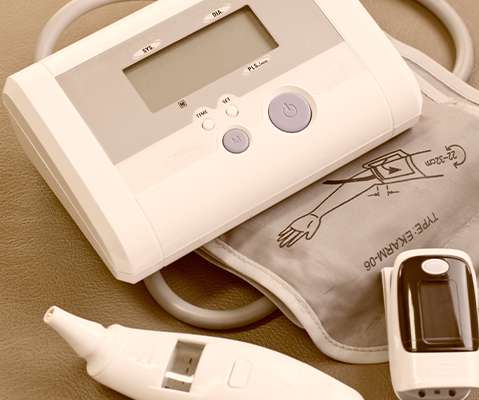The Smartphone Is the Consumer’s Personal Health Platform – Implications from Deloitte’s 2018 Survey
Health Populi
NOVEMBER 15, 2018
This gets to transparency, regarding how these companies communicate privacy policies to users; and, for health care, this speaks to patients’ concerns about their healthcare privacy. Many personal information flows don’t fall under the HIPAA umbrella if the company isn’t a business associate.












Let's personalize your content